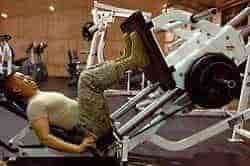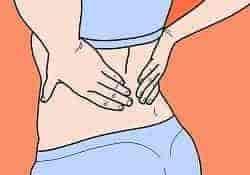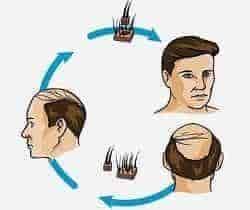How to Lower High Blood Pressure without Medication
Author: Lily Allen | June 15, 2016
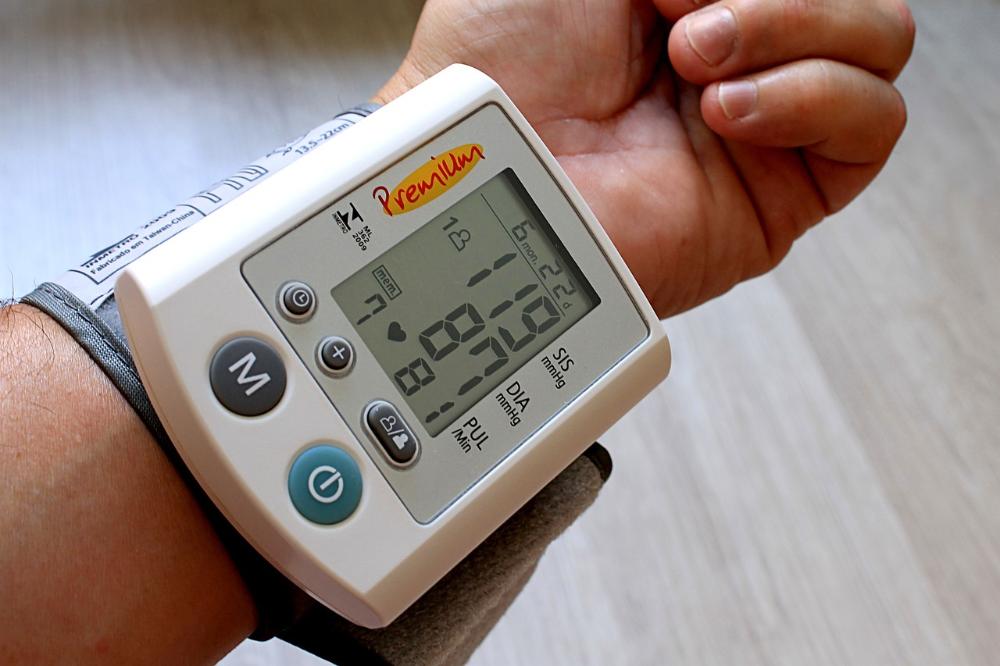
Description: If you are at risk of having high blood pressure or suffer from it heavily, you should read the following article to search for more information on what high blood pressure is and how to lower it without using any medicine as well as the prevention.
High blood pressure, widely known as hypertension, is a medical term to describe a person whose blood pressure is constantly elevated. A normal value is 120/80 mmHg or lower. A beating heart provides the pressure when it pumps fresh blood to the organs as well as tissues of your body, creating oxygen and nutrients. A reading of blood pressure of 140/90 mm Hg or above is regarded as high and when retaining such high reading for a long time, you probably get hypertension. Normally, this health condition does have no signs or symptoms; hence, the only way to know whether you get high blood pressure or not is getting yours measured.
What causes high blood pressure?
In fact, it is hard to know what exactly causes the increase in blood pressure. However, your habit of lifestyle can partly affect the risk of development. Obesity, genetic factors, excessive drinking, high salt intake, lack of aerobic exercise, stress, etc. can contribute to high blood pressure and when remained untreated, it is accompanied with stroke, heart attack, and kidney failure.
Besides, there are some additional factors leading to high blood pressure including age or family’s health condition history.
Age: When you get older, an unhealthy lifestyle such as unbalanced diet can build up and have a negative impact on your blood pressure.
Family’s health condition history: The risk can come if one of your family members had or has experienced high blood pressure.
Lifestyle-focused guide for controlling high blood pressure
If your way of living is partly committed to high blood pressure, why don’t you make it a little modification to become better? As lifestyle acts as a vital part in controlling your high blood pressure, with a healthy one, you can probably reduce and limit the demand for medication.
Here are the 9 healthy lifestyle guides that you can apply to lower blood pressure and remain it sustainable.
1. Regular Exercise
Physical exercises can bring a lot of benefits, including hypertension management. You can just spend at least half an hour minutes per day to help lower your blood pressure by up to 9 millimeters of mercury (mm Hg). But you need to be patient and keep exercising every day as if you stop doing it, your blood pressure can have chance to increase again. For those who have slightly high blood pressure called prehypertension, physical exercises can greatly help them reduce and escape from full-blown hypertension development. Some effective physical exercises used for lowering blood pressure are cycling, walking, dancing or swimming. Also, strength building can help keep your blood pressure in a safe level.
2. Consuming a healthy eating
Possessing a healthy eating containing whole grains, fruits, vegetables, low-fat dairy or cholesterol products can constrain your high blood pressure. This healthy eating strategy is called the Dietary Approaches to Stop Hypertension (DASH) diet.
These following steps can make you healthier although it can become hard to change your eating habit:
Keeping a food diary:You can take a note and write down quickly what you eat for a day or even for a week. Remember to check and manage what and how much food you consume in each meal.
Fostering potassium:Basically, potassium can worsen and lessen the amount of sodium on blood pressure. Foods which are rich in potassium include fruits and vegetables are highly recommended you should try.
3. Following the DASH diet
As mentioned before, the Dietary Approaches to Stop Hypertension (DASH) diet can effectively not only lose weight but also control your high blood pressure by up to 14 mmHg. Following are The DASH diet that helps you weaken the chance of risk development.
Eating whole grains, vegetables and fruits
Purchasing low-fat dairy products, lean meats, fish, and nuts
Cooking food rich in high saturated fats, including processed foods, full-fat dairy products and meats
In addition, the DASH diet helps reduce sweetened beverages such as fruit juice and soda and desserts.
4. Limiting the amount of alcohol
Generally, drinking alcohol brings good and bad value for your health. Your high blood pressure can decrease potentially by 2 to 4 mm Hg when you just drink in small amounts. However, the positive effect can become counter-productive if you drink too much. Women can consume more than one drink and men over 65 years old can consume more than two a day, in which a drink equals 12 ounces of beer, five ounces of wine or 1.5 ounces of 80-proof liquor. Hence, increasing blood pressure can easily caused by drinking too much alcohol. Your blood pressure medications can be ineffective due to this bad drinking habit as well. You should limit amount of alcohol to help lower high blood pressure.
5. Cutting down on caffeine
Caffeine can badly raise your blood pressure by as much as 10 mm Hg if you barely consume it; however, there still remains little strong impact on blood pressure in habitual coffee drinkers. Even though the effects of chronic caffeine ingestion on blood pressure aren't clear, the possibility of a slight increase in blood pressure exists. To see whether caffeine raises your blood pressure or not, check it within half an hour minutes after drinking a caffeinated beverage. If the increase in your blood pressure reaches up to 10 mm Hg, you may suffer from hypertension. You can talk to your doctor about the effects of caffeine on your blood pressure and see what he can give you some more useful advice to use it accurately.
6. Drinking Coconut Water
In fact, whether coconut water can bring about benefits for hypertension or not is unclear due to some of the limited researches on it; however, most people say that it still helps lower blood pressure. Coconut water is loaded with potassium and magnesium properties related to strengthen muscle operation and your heart, apparently, gains a great deal of benefits as well.
You can find it easy to extract coconut water in green and unripe coconuts retaining the natural value in organic and raw form. According to some studies, coconut water can notably influence systolic blood pressure or the force occurring when the heart pumps blood away from it. If you normally have no problem with coconut water, it can prove to be a solid treatment. To apply effectively, you might need about 8 ounces of pure and organic coconut water and drink it up to twice in a daily basis. Morning can become the perfect time to drink it once a day or night serves well as you choose to drink it twice daily.
7. Managing Sodium Intake
High blood pressure and salt actually do not mix. Cutting even small amount of salt can work wonders and result in lowering your blood pressure by as much as 8 mmHg. Normally, the majority of salt in most diet comes from restaurant and prepared foods.
8. Quitting smoking
Each minute you smoke can certainly increase your blood pressure after finishing. Giving up smoking in habitual smokers helps blood pressure return to normal. Regardless of age, people will possess the sustainability of blood pressure reading as well as prolong their lifespan.
9. Reducing stress
Who suffers from stress at work, isn’t it? But try to limit it because daily stress is a culprit of making your blood pressure become high. People can probably react to stress by consuming unhealthy food, drinking alcohol or smoking. If you are under lots of stress, take some time to think of what causes can be such as work, family or financial problems. Once you can shed light on the reasons, you will know how to eliminate or reduce stress properly.
Prevention of high blood pressure
Controlling a balanced diet which is not rich in sodium, taking part in physical exercise for at least half an hour from three to four times per week and reducing your stress levels are the most important ways to prevent hypertension.
You can also search for your family’s health condition history to find out if you are at high risk for its development in the future.
*****
Subscribe to our NEWS letter
Stay informed about our latest updates through email. Subscribe here.

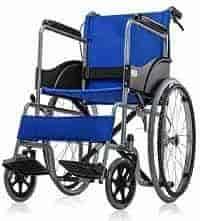
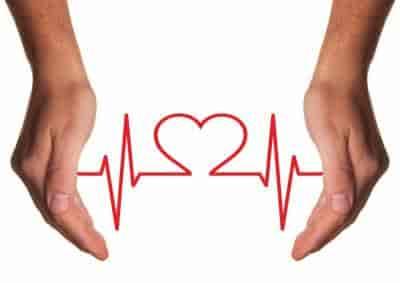

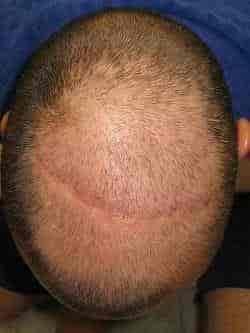
.jpg)

